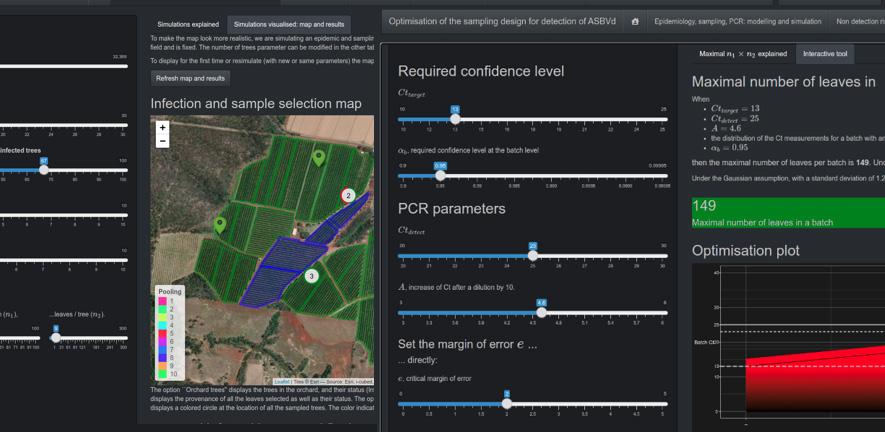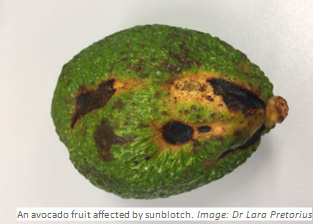
Submitted by A.J. Benton on Fri, 21/04/2023 - 12:14
Avocados (Persea americana) are not typically considered a food security crop, however, in rural regions in South America, avocados are an important part of the local diet and are grown by small-scale farmers, providing both a source of nutrients and income for local communities. A major obstacle preventing farmers supplying international markets is the global incidence of Avocado sunblotch viroid (ASBVd), a plant pathogen that is incurable and causes stunted growth, leaf yellowing, and reduced fruit yield and quality. For countries where ASBVd is officially reported, permission to export fruit to another country may only be granted if an orchard can be demonstrated to be a pest free production site, often involving large-scale orchard surveillance and extensive lab-based molecular diagnostics.
Through a study published this week, the extensive task of testing for presence of ASBVd has been significantly reduced for avocado producers. A team of researchers, based at the Universities of Cambridge, Queensland and the Agricultural Research Council South Africa, developed a flexible protocol that assesses farms on a case-by-case basis, to calculate the optimal sampling size required to establish the presence or absence of ASBVd in orchards that would satisfy the constraints set by a regulatory authority. The protocol integrates the molecular diagnostic testing of pooled leaf samples within a statistical framework to model the distribution of ASBVd infection among and within orchard trees and to determine the effect of leaf sample sizes on detection sensitivity. From this it is possible to determine the survey requirements that must be undertaken by growers to fulfil the regulatory requirements for trading avocado internationally. For demonstration purposes, the team developed a user-friendly software application, which provides the basis for a new tool that can be applied to a range of economically important plant pathogens which currently prevent small-holders entering international supply chains.
Read the paper:
Bonnéry D.B., Pretorius L.S., Jooste A.E.C., Geering A.D.W., Gilligan C.A. (2023). Rational design of a survey protocol for avocado sunblotch viroid in commercial orchards to demonstrate pest freedom. PLOS ONE 18(4): e0277725. https://doi.org/10.1371/journal.pone.0277725

